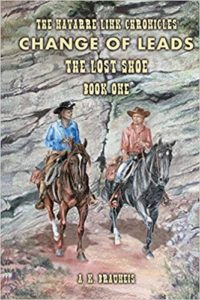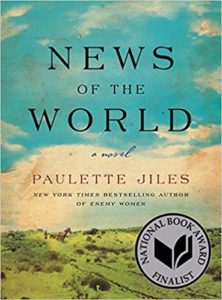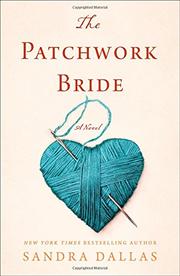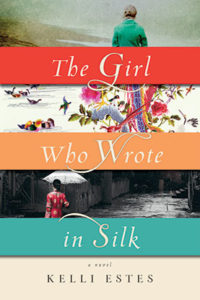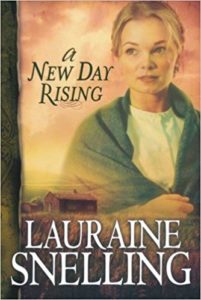I loved this hilarious and touching novel by Maria Semple. Where’d You Go, Bernadette is filled with charm, intelligence and rare wisdom.
Fifteen year old Bee lives in Seattle with her parents in their 12,000 square-foot home, a former Catholic school for wayward girls. The building is in deplorable condition with blackberry vines growing through the floorboards, a roof that leaks, and an overpowering musty odor.
However, the family’s obnoxious living style has nothing to do with their intelligence.
The entire family is brilliant. Bee, with a straight-A average, has been accepted at a prestigious boarding school. Her mother, Bernadette, is an award-winning architect, and Bee’s father, Elgin, is a high-level executive at Microsoft. The family moved to Seattle when Microsoft bought Elgin’s facial-recognition program and offered him a job.
As a reward for Bee’s perfect grades, the family plans to celebrate by taking a cruise to Antarctica. Bee’s highly intelligent but agoraphobic mother, throws herself into preparations for the trip, ordering equipment on-line at terrifying speed. All the while Bernadette is nearing a meltdown trying to cope with living in Seattle, a place she never wanted to be.
The book rapidly moves forward through Bee’s first-person accounts, emails between Bernadette and her personal secretary who supposedly lives in India, and gossipy emails between two mothers whose children also go to Bee’s school.
Situations occur that build on one another, complicating their lives. And then Bernadette disappears.
Wit and imagination make this novel special. Irreverent, keen observations about Seattle traffic, Canadians, family relationships, human nature, and Antarctica are hilarious. At times I laughed right out loud. For a refreshing look at our world, read Where’d You Go, Bernadette.




